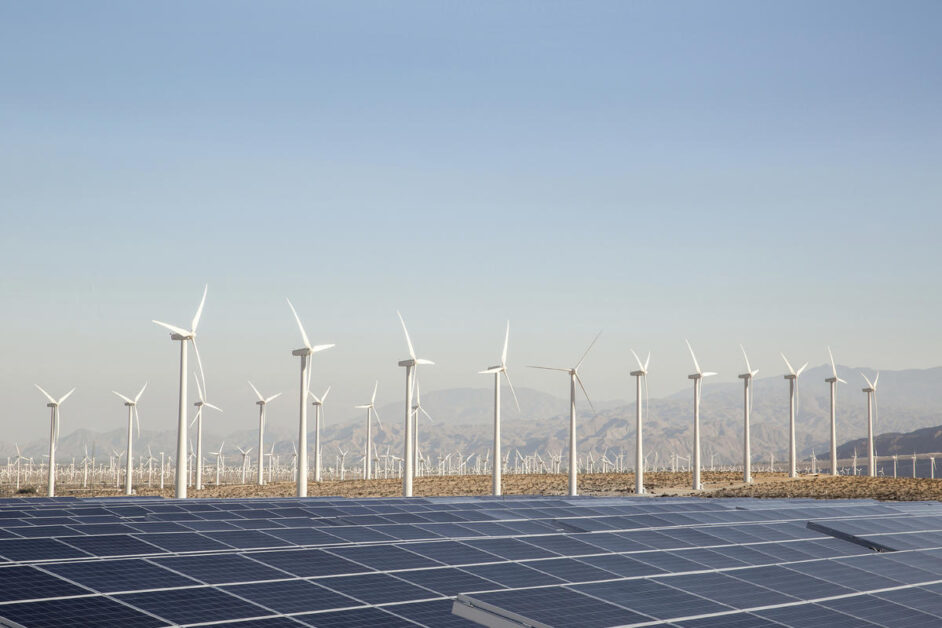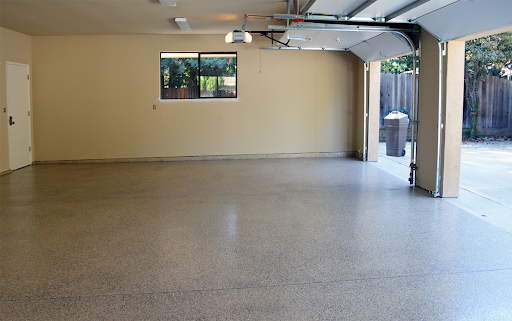As homeowners look for ways to improve their living spaces, many are considering an upgrade that goes beyond aesthetics or functionality — the installation of renewable energy systems. Among these, solar energy has gained significant traction. With increasing environmental concerns and utility costs going up, switching to renewable energy is not only a forward-thinking home improvement but also one that can yield long-term benefits. Here’s why turning to renewable energy is the ultimate home improvement for your home.
Lower Energy Bills
One of the most immediate and tangible advantages of turning to renewable energy, particularly through solar panel system installation, is the potential for reduced energy bills. By producing your own electricity from the sun, you can significantly lower your reliance on grid power. For example, homeowners in areas like Ozona can benefit from favorable ozona electricity rates, which enhance the financial feasibility of solar investments. In many cases, homeowners can see substantial reductions in monthly utility costs, and some might even achieve energy independence, meaning they no longer have to pay for electricity at all. The savings continue to grow over time, as solar systems typically pay for themselves in five to seven years, depending on the location and size of the installation.
Environmental Benefits
Renewable energy is an environmentally conscious choice. Solar power, for instance, produces no harmful emissions, unlike fossil fuel-based power generation, which contributes to air pollution and climate change. By opting for a solar panel system installation, homeowners actively reduce their carbon footprint, helping mitigate global warming. Every kilowatt-hour of solar power generated replaces electricity that would otherwise come from coal, natural gas, or oil. This is a simple but impactful way to contribute to environmental preservation and promote sustainable living.
Increase in Property Value
Adding renewable energy systems into your home can also increase its market value. Homes that have solar panels are often seen as more desirable by buyers, particularly those who are environmentally conscious or looking for ways to lower long-term energy costs. Studies show that homes with solar installations can sell for more money compared to similar homes without solar. Moreover, energy-efficient homes are generally more attractive to a growing segment of eco-minded homebuyers.
Energy Independence
The growing instability in global energy markets, along with rising electricity prices, is prompting many homeowners to look for ways to secure their energy future. Solar energy offers a solution in the form of energy independence. By generating electricity on-site, you reduce your dependence on utility companies, which can be especially beneficial in areas prone to power outages or where grid infrastructure is outdated. Homeowners can further enhance their energy independence with battery storage systems that let them store excess solar power for use at night or during periods of low sunlight.
Government Incentives and Rebates
In lots of places, governments offer financial incentives to encourage the adoption of renewable energy. These incentives can include tax credits, rebates, and grants, significantly lowering the initial cost of a solar panel system installation. These incentives make the switch to renewable energy more affordable and can help offset the cost of the installation, making it a more viable option for many homeowners.
Sustainability and Long-Term Savings
Unlike traditional energy sources, which require ongoing fuel costs and are subject to price fluctuations, solar energy is sustainable and free once the system is installed. Solar panels typically have long lifespans, with lots of systems lasting 25 years or more with minimal maintenance. Over time, the savings on energy bills can be substantial, and as the technology continues to develop, the efficiency and affordability of renewable energy solutions are expected to improve even further.
Whether you’re motivated by the financial benefits, the environmental impact, or both, switching to renewable energy is a choice that can yield lasting rewards for you and future generations.









